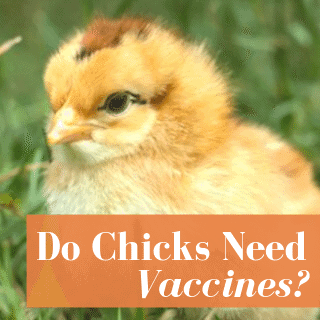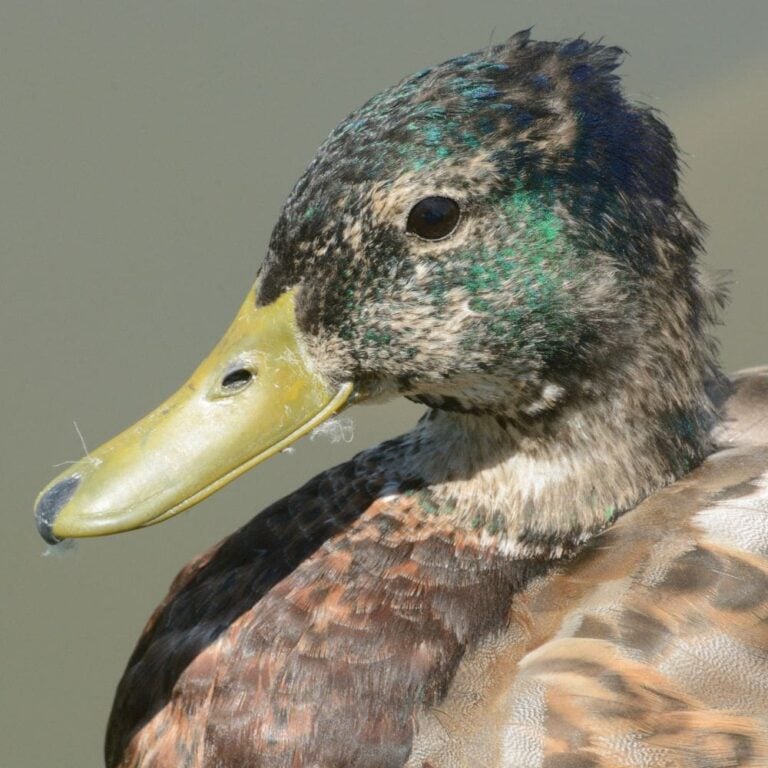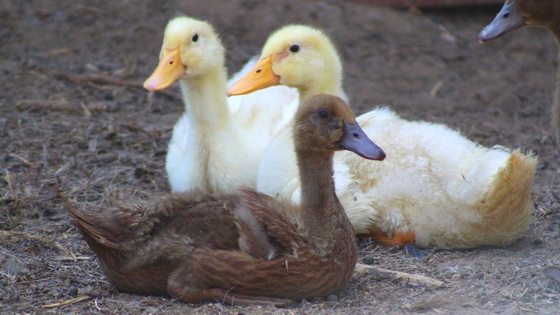Before you add a rooster to your flock, you should know there’s certain behaviors you should accept, and some that you should avoid like the plague.
Knowing the difference can mean the health and happiness of your flock as a whole.
See, sometimes roosters seem okay, but they can make your flock nervous or flighty.
In this podcast, we discuss what to look for in a rooster before adding one to your flock.
You’ll hear all about the different roosters on our farm, why meat roosters can be the biggest pain in the behind ever, and why I don’t think flogging is THAT big of a deal.
You’ll learn:
- The key personality traits every good rooster should have
- How roosters have slightly different feeding requirements than hens and why it doesn’t matter anyway
- When flogging is a really big deal (that you should nix immediately)
- Whether roosters are really necessary
Links we discuss:
Where To Get A Free Copy Of The Better Egg
I’d like to hear from you!
What behaviors won’t you accept from your rooster? Leave a comment below!
Maat van Uitert is a backyard chicken and sustainable living expert. She is also the author of Chickens: Naturally Raising A Sustainable Flock, which was a best seller in it’s Amazon category. Maat has been featured on NBC, CBS, AOL Finance, Community Chickens, the Huffington Post, Chickens magazine, Backyard Poultry, and Countryside Magazine. She lives on her farm in Southeast Missouri with her husband, two children, and about a million chickens and ducks. You can follow Maat on Facebook here and Instagram here.



![4 Types Of Poultry You Can Raise With Hens To Be More Self-Sufficient [Podcast]](https://thefrugalchicken.com/wp-content/uploads/2016/07/raise-poultry-with-chickens-feature-min.jpg)




Great website! WHy do my chickens not rooste at nite? They huddle together in the corner.
Hi Deborah, how old are your chickens? If they’re young, like 12 weeks, they generally sleep on the ground. As they get older, they naturally start to roost.